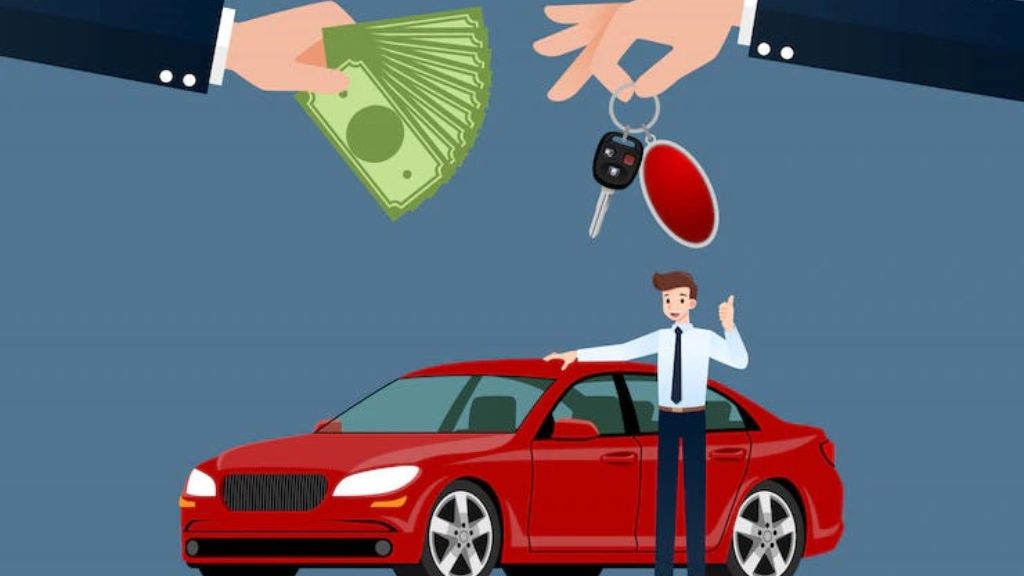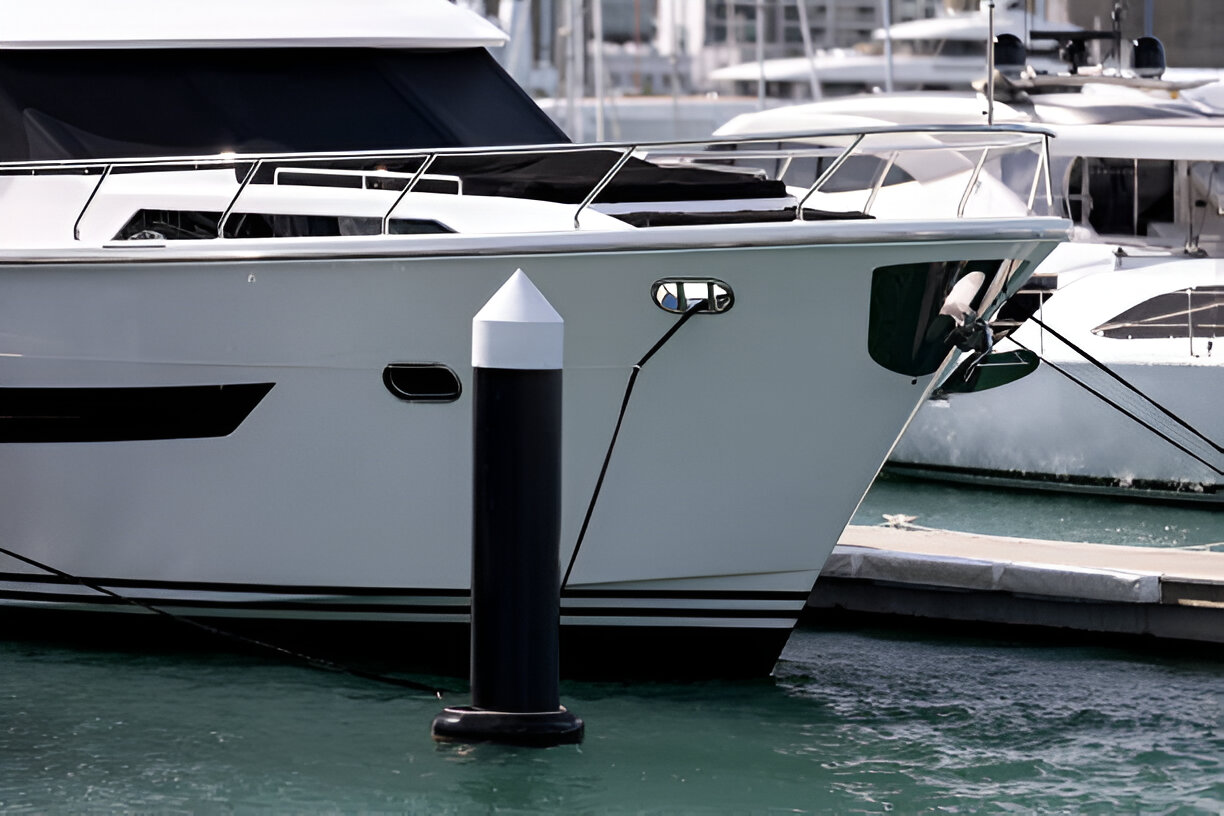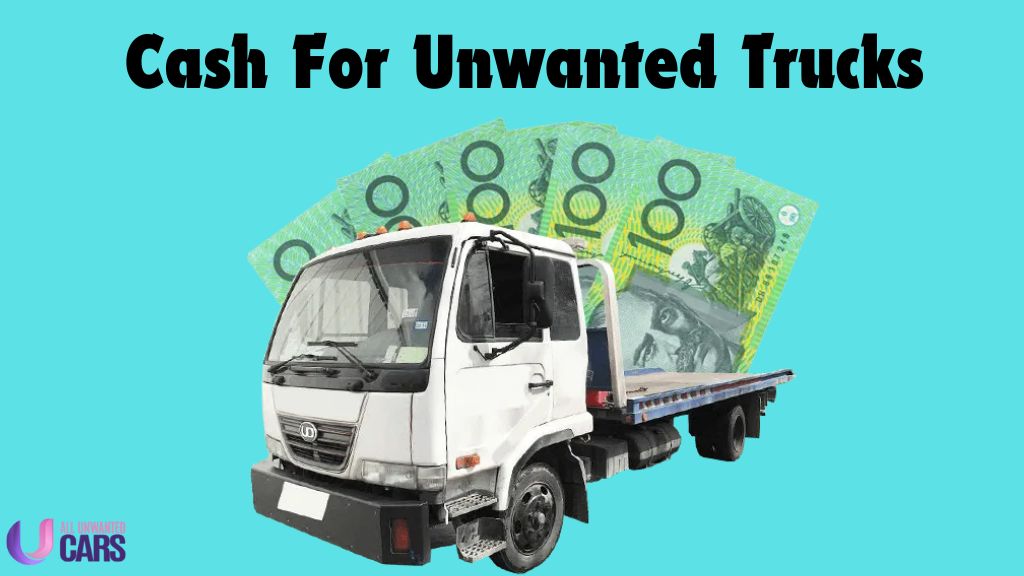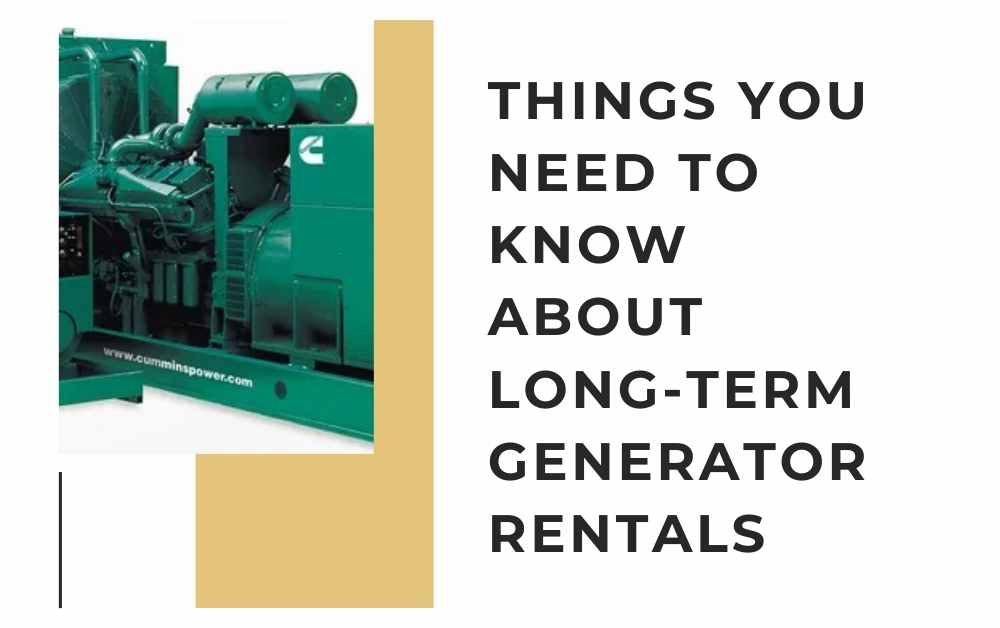
Selling a damaged car can feel like a daunting task, especially when you want to get the best deal possible. Whether your car has been in an accident or has mechanical issues, there’s still value to be found. If you’re in Sydney and looking to sell your damaged car, you’ve come to the right place. This guide will walk you through everything you need to know to maximize your car’s value and avoid common pitfalls.
Understanding the Market for Damaged Cars
Types of Damaged Cars and Their Value
Damaged cars come in various conditions, and their value can vary significantly. There are:
- Minor Damage: Small dents, scratches, or minor mechanical issues.
- Moderate Damage: Larger body damage, but the car is still operable.
- Severe Damage: Major mechanical issues or significant body damage, often requiring extensive repairs.
Understanding the type of damage your car has will help you set realistic expectations for its value.
Key Factors Affecting the Value of a Damaged Car
Several factors influence how much you can get for your damaged car:
- Make and Model: Popular brands and models tend to fetch higher prices.
- Age and Mileage: Newer cars with lower mileage are generally more valuable.
- Extent of Damage: The more severe the damage, the lower the value.
- Market Demand: High demand for parts of certain models can increase your car’s value.
Preparing Your Damaged Car for Sale
Cleaning and Minor Repairs
First impressions matter, even for damaged cars. A clean car is more attractive to buyers. Consider:
- Washing and Vacuuming: Clean the exterior and interior thoroughly.
- Minor Repairs: Fix small issues that can increase the car’s appeal without costing too much.
Gathering Necessary Documentation
Having all the necessary paperwork ready can streamline the sale process and build buyer trust. Essential documents include:
- Vehicle Title: Proves ownership.
- Repair Records: Shows the car’s maintenance history.
- Insurance Information: Details of any claims made.
Where to Sell Your Damaged Car in Sydney
Online Marketplaces
Online platforms like Gumtree, Carsales, and Facebook Marketplace are popular for selling damaged cars. These sites offer:
- Wide Reach: Access to a large number of potential buyers.
- Ease of Use: Simple listing process with detailed descriptions and photos.
Local Dealerships and Auto Wreckers
Dealerships and wreckers can be a convenient option:
- Dealerships: Some may buy damaged cars for resale or parts.
- Auto Wreckers: They buy cars mainly for parts and scrap metal, often providing quick cash offers.
Private Buyers
Selling to private buyers can sometimes yield the best price:
- Negotiation Power: More room to negotiate compared to dealerships or wreckers.
- Direct Sales: Less hassle with intermediaries, leading to potentially higher offers.
Maximizing Your Car’s Value
Negotiation Tips and Strategies
Negotiation is key to getting the best deal:
- Know Your Car’s Worth: Research similar listings to understand the market value.
- Be Honest: Transparency about your car’s condition can build trust and lead to better offers.
- Set a Minimum Price: Have a clear idea of the lowest price you’re willing to accept.
Timing Your Sale
Timing can impact the sale price:
- Seasonal Trends: Certain times of the year may have higher demand.
- Economic Conditions: Sell when the market is favorable, avoiding downturns.
Avoiding Common Pitfalls
Scams and Fraudulent Buyers
Be wary of common scams:
- Verification: Verify the identity of potential buyers.
- Payment Methods: Use secure methods like bank transfers or escrow services.
Underestimating Repair Costs
Accurately assess repair costs:
- Professional Assessment: Get a mechanic to evaluate and estimate repair costs.
- Cost-Benefit Analysis: Determine if minor repairs can significantly increase your car’s value.
Finalizing the Sale
Legal Requirements and Paperwork
Ensure all legal aspects are covered:
- Transfer of Ownership: Complete the necessary paperwork to transfer the title.
- Bill of Sale: A document that outlines the terms of the sale and protects both parties.
Safe Payment Methods
Choose secure payment methods:
- Bank Transfers: Direct transfers are safe and traceable.
- Escrow Services: Provide added security by holding funds until the transaction is complete.
Conclusion
Selling a damaged car in Sydney doesn’t have to be stressful. By understanding the market, preparing your car, choosing the right platform, and negotiating effectively, you can get a great deal. Remember to avoid common pitfalls and finalize the sale safely. Happy selling!
Frequently Asked Questions
Q. Can I sell a car that has been written off?
A: Yes, you can sell a written-off car, but you must disclose its status to potential buyers. Many buyers, especially wreckers, are interested in such vehicles for parts.
Q. How do I determine the value of my damaged car?
A: Research similar models with comparable damage online, or get a professional appraisal from a mechanic or a car valuation service.
Q. Should I repair my damaged car before selling it?
A: It depends on the extent of the damage and the cost of repairs. Minor, cost-effective repairs can increase your car’s value, but extensive repairs may not be worth the investment.
Q. What documents do I need to sell my damaged car?
A: You’ll need the vehicle title, repair records, and any insurance documents related to the damage.
Q. How can I avoid scams when selling my damaged car?
A: Verify the identity of buyers, use secure payment methods like bank transfers or escrow services, and be cautious of offers that seem too good to be true.






